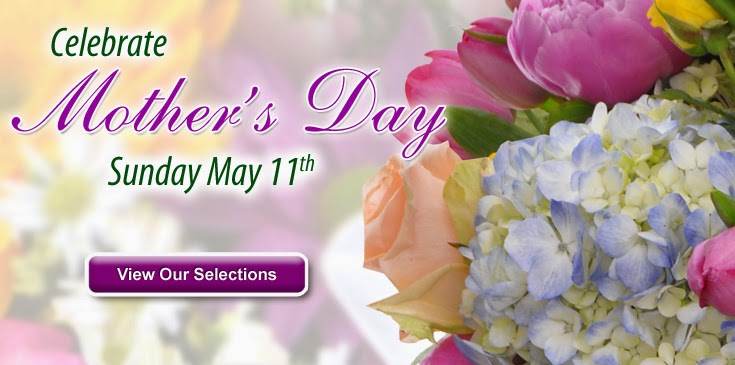Mother’s Day is a holiday honoring motherhood that is observed in
different forms throughout the world. The American incarnation of
Mother’s Day was created by Anna Jarvis in 1908 and became an official
U.S. holiday in 1914. Jarvis would later denounce the holiday’s
commercialization and spent the latter part of her life trying to remove
it from the calendar. While dates and celebrations vary, Mother’s Day
most commonly falls on the second Sunday in May and traditionally
involves presenting mothers with flowers, cards and other gifts.
Mother’s Day: Historical Precursors
Celebrations of mothers and motherhood can be traced back to the
ancient Greeks and Romans, who held festivals in honor of the mother
goddesses Rhea and Cybele, but the clearest modern precedent for
Mother’s Day is the early Christian festival known as “Mothering
Sunday.” Once a major tradition in the United Kingdom and parts of
Europe, this celebration fell on the fourth Sunday in Lent and was
originally seen as a time when the faithful would return to their
“mother church”—the main church in the vicinity of their home—for a
special service. Over time the Mothering Sunday tradition shifted into a
more secular holiday, and children would present their mothers with
flowers and other tokens of appreciation. This custom eventually faded
in popularity before merging with the American Mother’s Day in the 1930s
and 1940s.
Did You Know?
More phone calls are
made on Mother’s Day than any other day of the year. These holiday chats
with Mom often cause phone traffic to spike by as much as 37 percent.
Mother’s Day: Celebrations and Traditions
traditions vary depending on the country. In Thailand, for example,
Mother’s Day is always celebrated in August on the birthday of the
current queen, Sirikit. Another alternate observance of Mother’s Day can
be found in Ethiopia, where families gather each fall to sing songs and
eat a large feast as part of Antrosht, a multi-day celebration honoring
motherhood.
In the United States, Mother’s Day continues to be celebrated by
presenting mothers and other women with gifts and flowers, and it has
become one of the biggest holidays for consumer spending. Families might
also celebrate by giving mothers a day off from activities like cooking
or other household chores. At times Mother’s Day has also been a date
for launching political or feminist causes. In 1968 Coretta Scott King, wife of Martin Luther King Jr.,
used Mother’s Day to host a march in support of underprivileged women
and children. In the 1970s women’s groups also used the holiday as a
time to highlight the need for equal rights and access to childcare.
(info provided by the History Channel)







